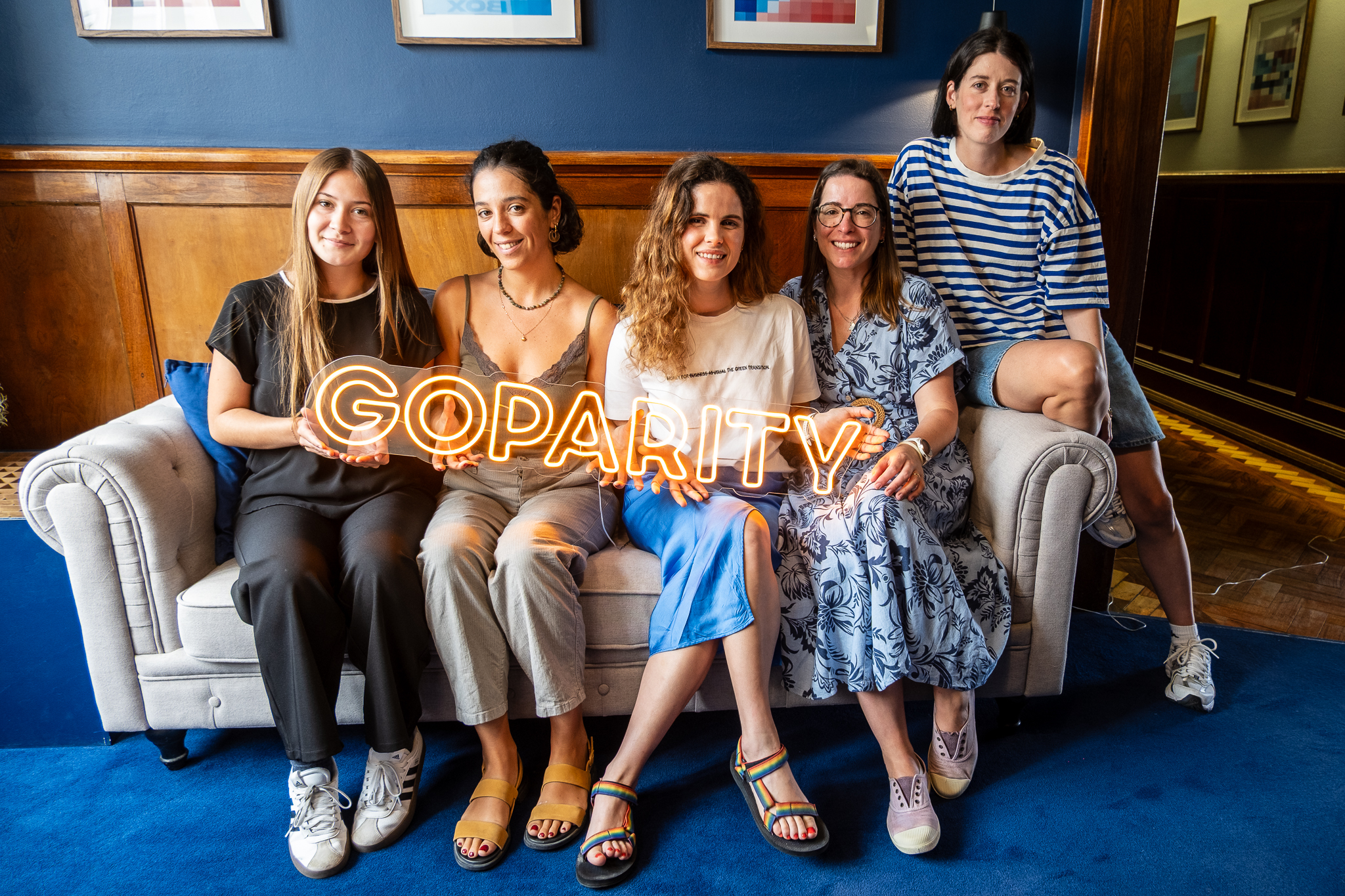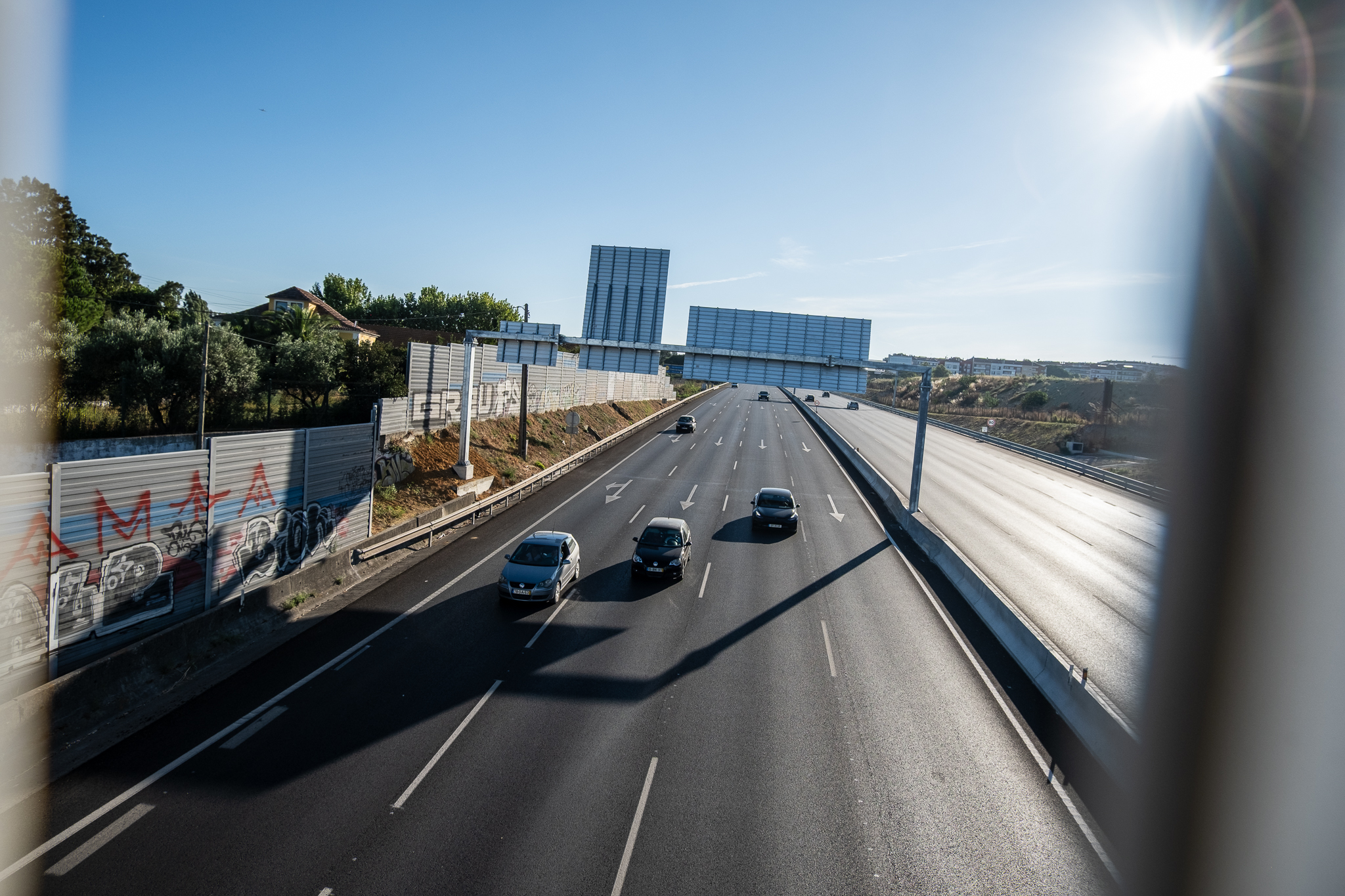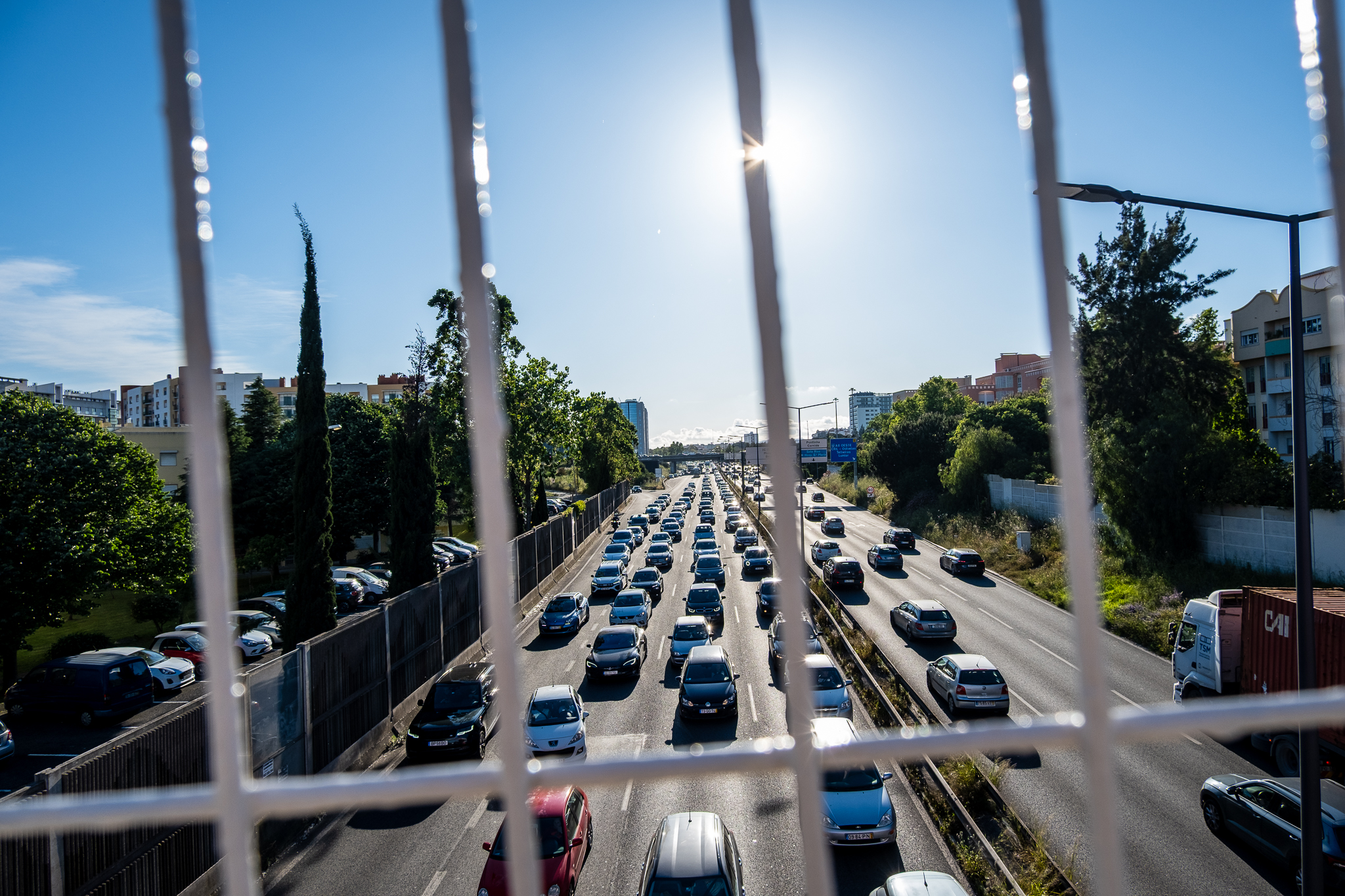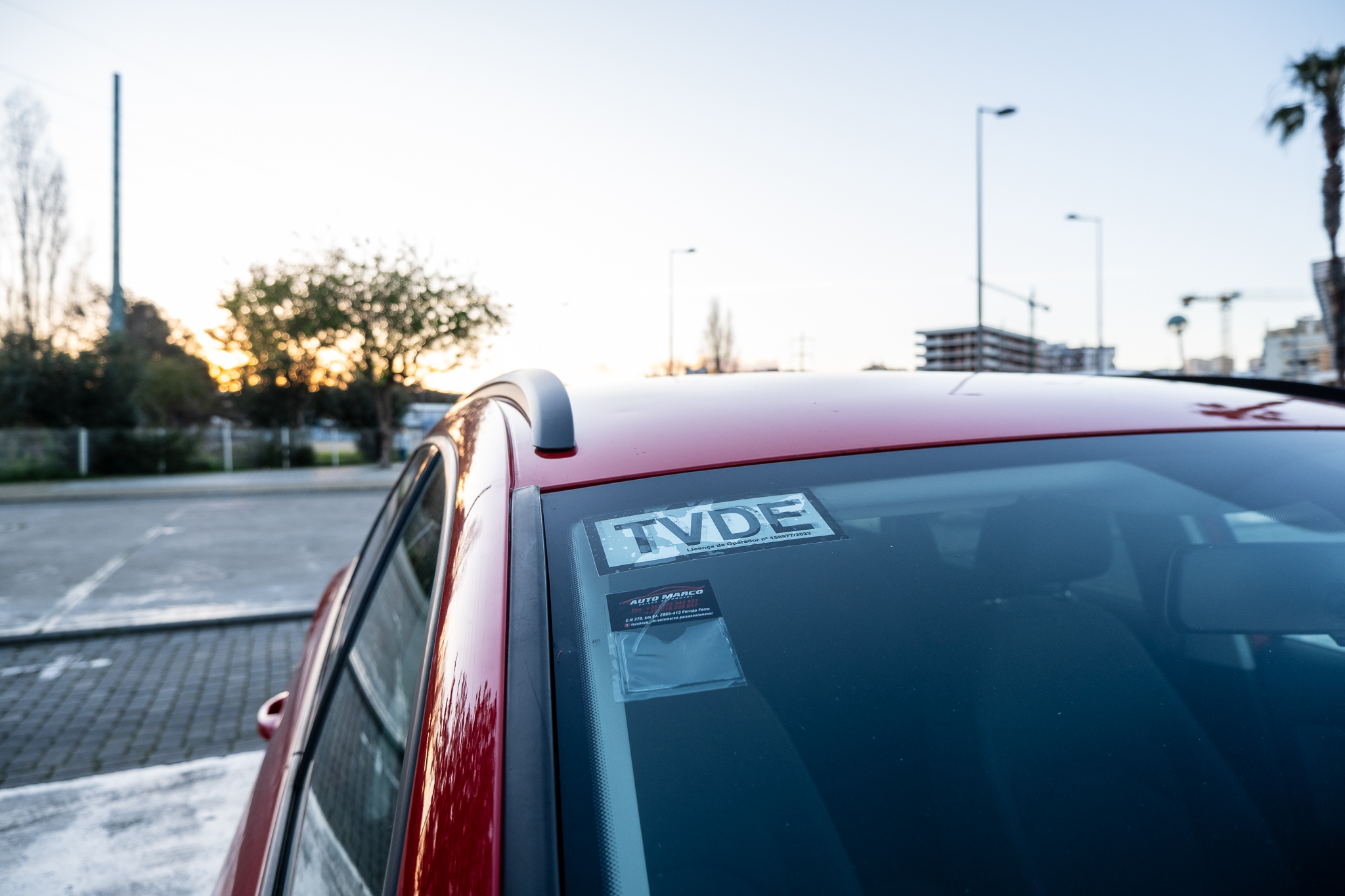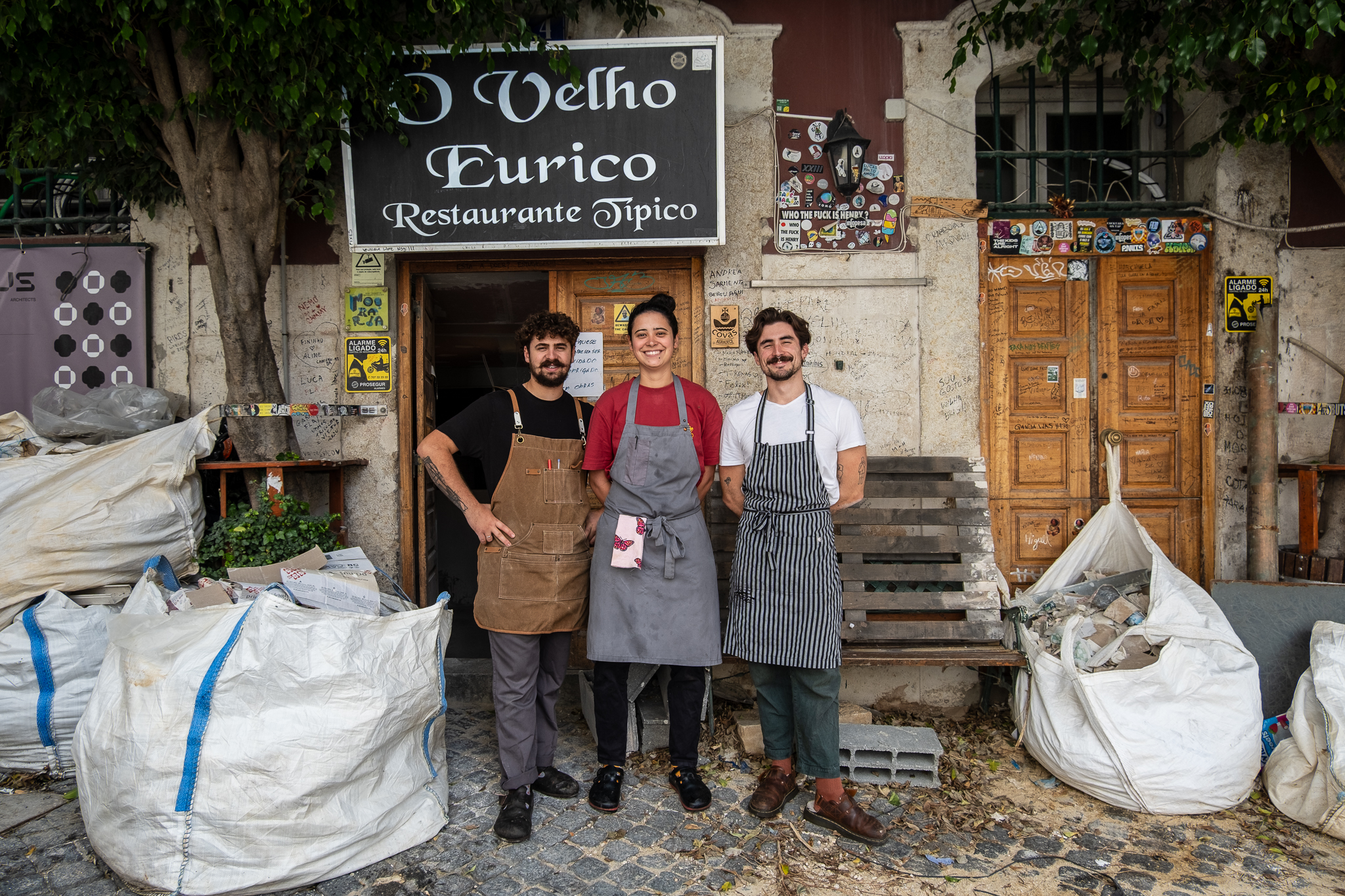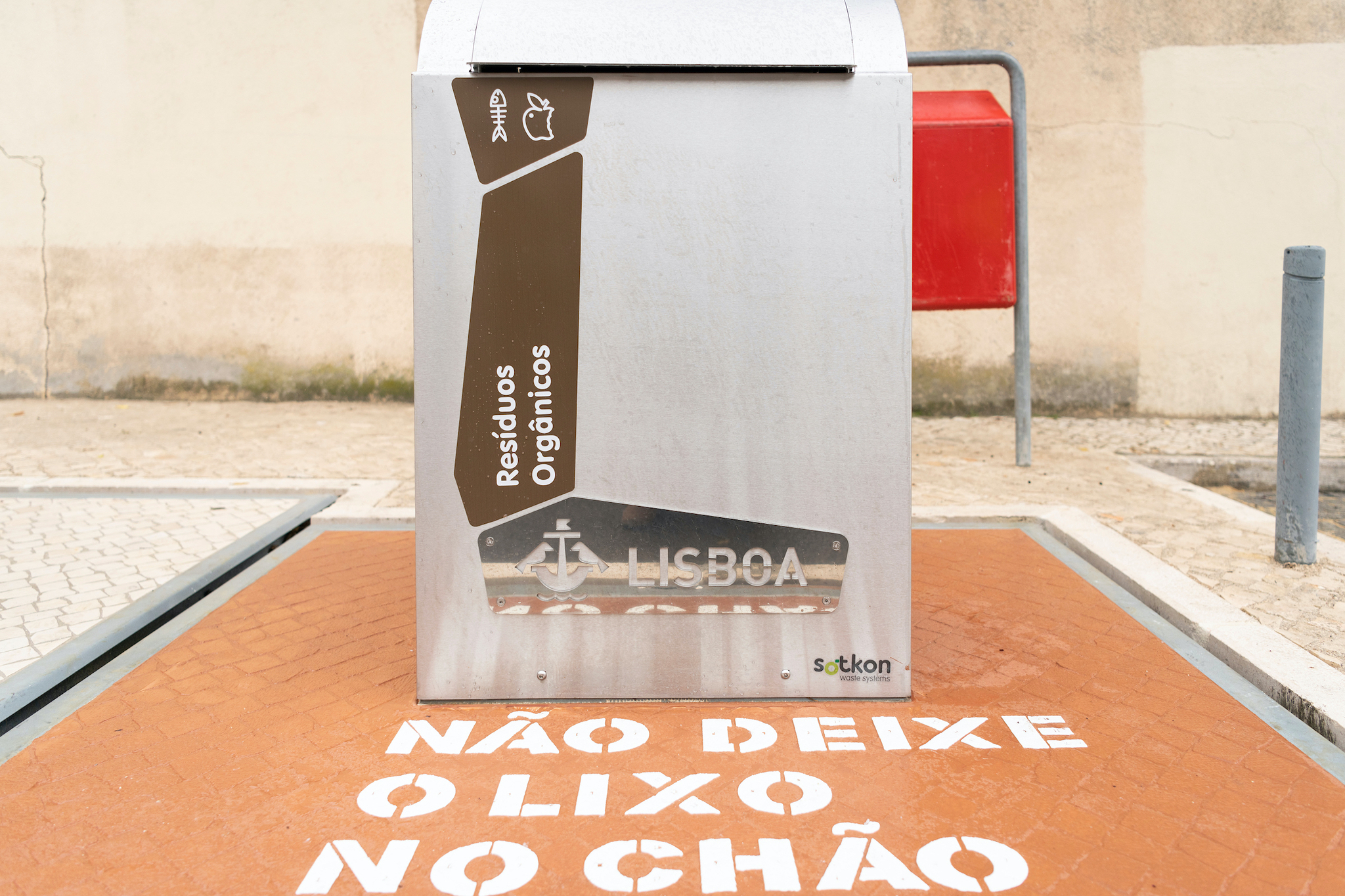
It is in Olivais that the Lisbon City Hall is debuting a new type of recycling bin. Brown in color, it is intended for organic waste that can be decomposed. According to the municipality, in 2017 alone, more than 600 tons of common garbage were collected daily in Lisbon, of which 40% of biodegradables were sent for incineration. The idea is to reverse this process at source, creating infrastructure that encourages the separation of household waste for composting.
Composting is a waste treatment process that allows organic waste to be given a new life by decomposing it into soil. To do this, it is necessary to separate garbage at home, just as we already do with plastic/metal, glass, and paper. Composting can be done in one's own home - on a balcony or patio, for example - with a home compost bin, or it can be provided by the city waste collection services.
The City has been giving away home compost bins, through the program Lisbon To CompostIt launched in May 2018, but is now also focusing on providing composting infrastructure in the city. In Olivais, there are now five new underground eco-islands that, besides the three usual ecopoints - yellow, green, and blue - now have a fourth - brown - for organic waste.
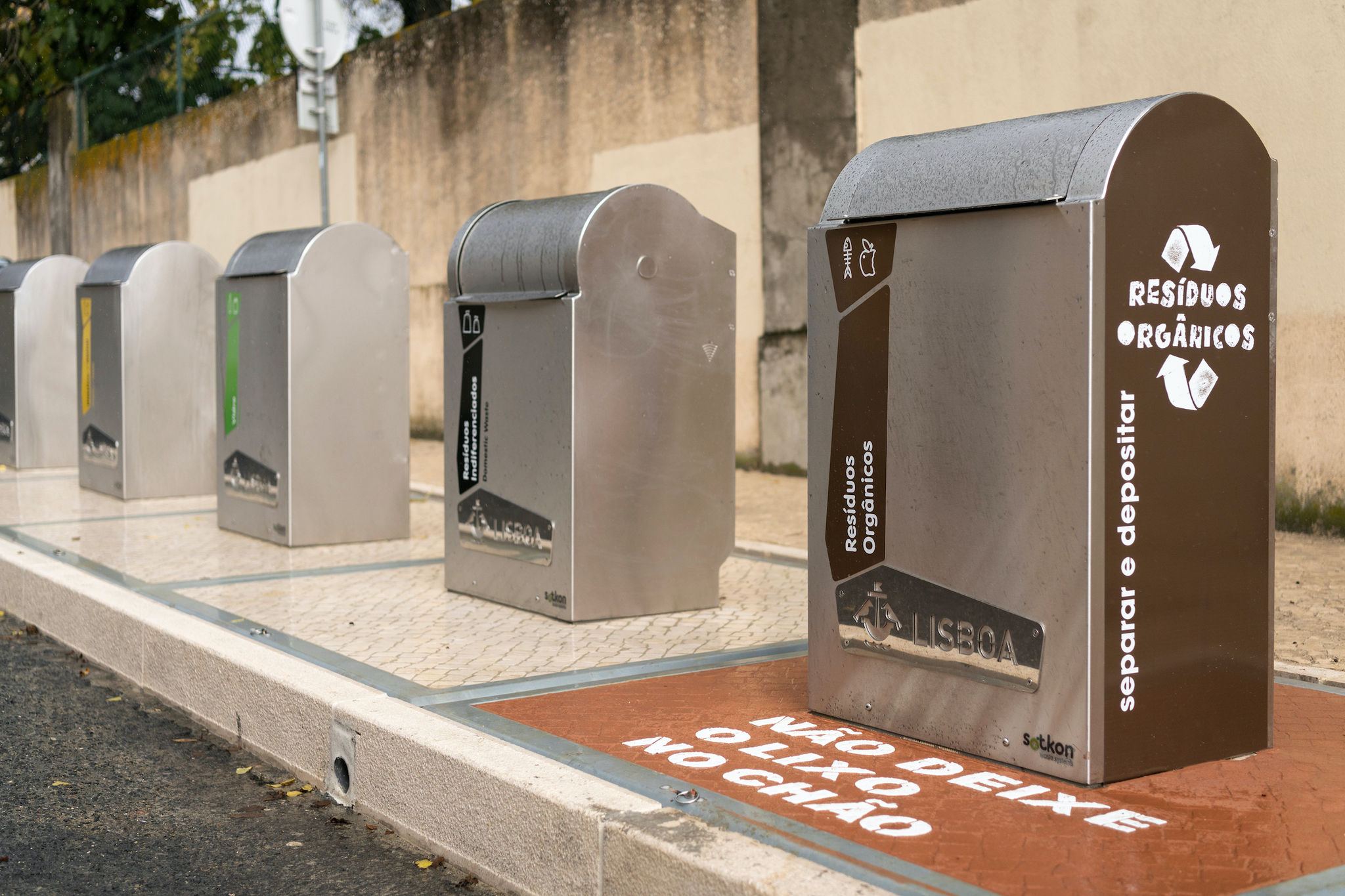
This is a pilot project that should be extended to the entire city by 2023. If Olivais has the first eco-islands with a brown recycling bin, Lumiar, Santa Clara and Alta de Lisboa have had door-to-door collection of organic waste since the end of 2019. The plan is also to extend this practice to the entire city by 2023.
"All food scraps, raw or cooked, such as vegetables, fruit, fish or meat, and also tea bags and napkins should be deposited in the brown container. Recycling this bio-waste allows the production of compost for agriculture."explains the Lisbon City Hall.







